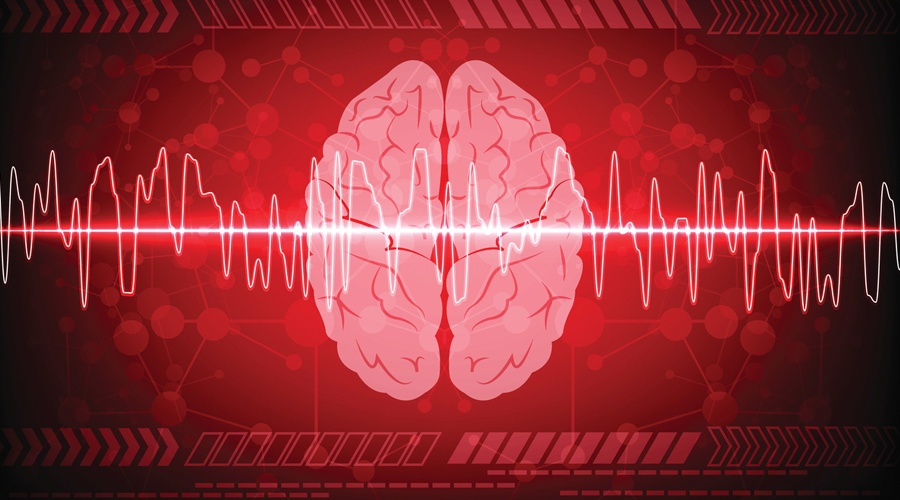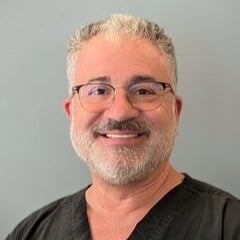If there were only one number to gauge your overall health, fitness, and longevity, it would be...
Did You Know a Stroke Is a Brain Injury?

Many people associate brain injuries with a sudden blow or a jolt to the head that occurs from falling, getting into a car accident, or playing sports. But brain injuries, such as an anoxic brain injury, can occur in other ways—and they have nothing to do with hitting your head. Strokes are one example. In fact, traumatic brain injuries, stroke and age-related metabolic brain disorders are the major causes of brain damage and chronic neurological impairments.
According to the American Stroke Association, “Nearly 800,000 (approximately 795,000) people in the United States have a stroke every year, with about three in four being first-time strokes.” Not only do hundreds of thousands of Americans annually suffer from strokes, but they are also “the leading cause of long-term disability” in the United States.
STROKES AND BRAIN INJURIES: HOW THEY ARE CONNECTED
There are two types of strokes: ischemic and hemorrhagic. An ischemic stroke, which is more common, is caused by a blood clot. A hemorrhagic stroke occurs when a blood vessel ruptures.
No matter whether it's ischemic or hemorrhagic, a stroke means that a part of the brain has stopped getting enough blood and oxygen to function properly. As a result, brain tissue is at risk of dying in a matter of minutes. When brain tissues die, blood plasma can leak out into surrounding brain tissue, causing swelling and reducing blood flow. Otherwise normal cells become dormant without the appropriate amount of oxygen.
A brain injury caused by a stroke may result in a range of health issues, such as:
- Memory loss
- Mood swings
- Difficulty processing information
- Loss of speech
- Paralysis on one side of the body
- Trouble swallowing
Because it doesn’t take long for a stroke to cause brain damage, it’s important to seek medical attention right away. Recovering from a stroke can be an arduous process, so be sure to look into all available treatments that could improve your—or your loved one’s—condition without delay.

Written by Alan Katz, MD, FUHM, FACEP, FAAEM
Dr. Alan Katz, National Medical Director of Hyperbaric Medical Solutions (HMS), is double board certified in Emergency Medicine and Hyperbaric Medicine. He directs clinical operations, education and research initiatives, and the integration of other regenerative medicine therapies....
Read More


